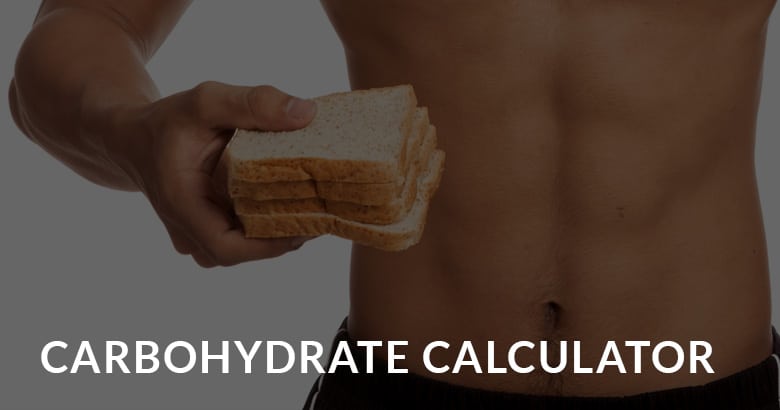A Carbohydrate Calculator is a user-friendly tool designed to calculate your daily carbohydrate needs based on your individual profile and fitness objectives. Whether you’re looking to manage your carbohydrate intake, optimize athletic performance, or simply maintain a balanced diet, this calculator is here to assist you on your journey to better nutrition.
What’s a Carbohydrate Calculator?
Carbohydrates are a vital source of energy for our bodies, and this calculator helps determine the optimal amount of carbohydrates you should consume daily.
How Does the Carbohydrate Calculator Work?
Think of the Carbohydrate Calculator as your personalized carbohydrate advisor. By inputting essential details such as age, gender, weight, height, activity level, and fitness goals, the calculator estimates your daily carbohydrate requirements.
When Should You Use a Carbohydrate Calculator?
Here are some scenarios where the Carbohydrate Calculator can be highly beneficial:
- Nutritional Planning: If you’re focused on managing your carbohydrate intake, the calculator provides valuable insights into the right amount of carbohydrates to include in your diet.
- Athletic Performance: For individuals engaged in sports or intense physical activities, the calculator helps optimize carbohydrate intake to fuel your body effectively.
- General Well-being: Monitoring your carbohydrate intake is essential for overall health and maintaining balanced nutrition.
Making the Most of the Carbohydrate Calculator
Understanding your carbohydrate needs is just the beginning. It’s crucial to utilize this information to make informed decisions about your dietary choices and align your carbohydrate intake with your fitness objectives and overall health goals.
Ready to Go?
Embrace the Carbohydrate Calculator as your reliable partner in achieving your nutrition targets and enhancing your well-being. Remember, each individual’s carbohydrate requirements may vary based on factors like activity level and metabolism, and finding the right balance is key. Begin your journey toward optimizing your carbohydrate intake with our Carbohydrate Calculator. Allow it to empower you with valuable insights, guiding you to make balanced, nutritious choices and support your body’s energy needs effectively.

Frequently Asked Questions
How do I calculate my carbs?
To calculate your carbohydrate intake, you can start by determining your daily caloric needs based on factors like age, weight, height, and activity level. Carbohydrates should make up a certain percentage of your total calories, which can vary based on individual health goals. Generally, carbohydrates should contribute around 45-65% of your daily caloric intake. You can then divide this number by 4 (since there are 4 calories per gram of carbohydrates) to find the number of grams of carbohydrates you should consume daily.
How much is 1 carbohydrate?
In the context of nutrition, 1 carbohydrate refers to 1 gram of carbohydrate. Carbohydrates are one of the three main macronutrients and provide 4 calories per gram. They are an essential source of energy for the body and can be found in foods like grains, fruits, vegetables, and legumes.
How many carbs should a diabetic eat daily to lose weight?
The ideal carbohydrate intake for a diabetic aiming to lose weight can vary based on individual factors, such as age, activity level, medication, and overall health. Generally, a balanced and personalized approach is recommended. Diabetics are often advised to monitor their carbohydrate intake and choose nutrient-dense, complex carbohydrates. Consulting with a registered dietitian or a healthcare professional who specializes in diabetes management can help create a suitable meal plan and determine the appropriate amount of carbs for weight loss goals.